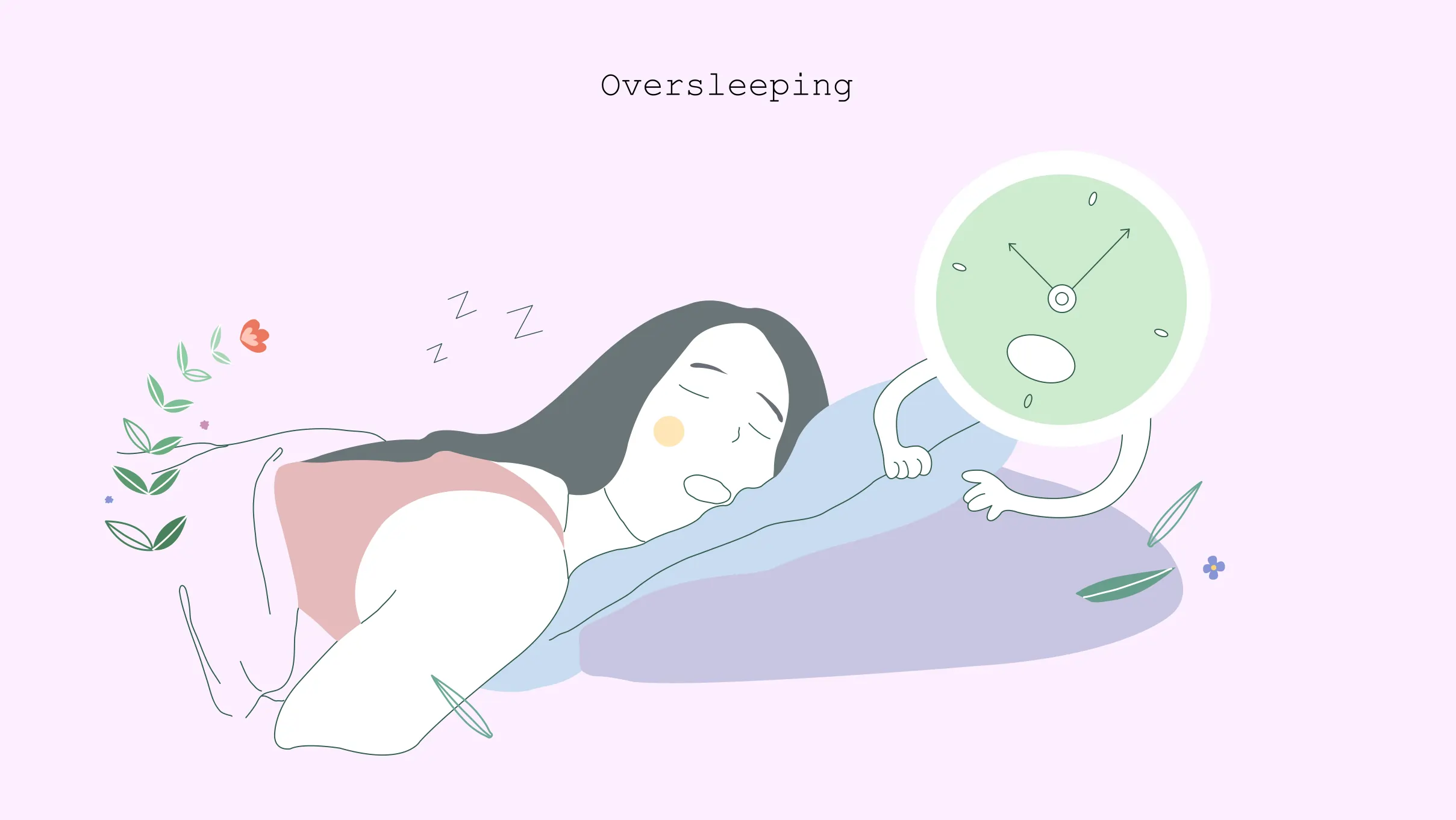Oversleeping – How Much Sleep Is Too Much?
Fact Checked
Up to date
Update: June 23, 2023
Share
Written by

Content Writer
Medical reviewed by

Pulmonologist & Sleep Expert

0
people like this article
Share
Written by

Content Writer
With a Master's Degree in Mass Communication and nearly two decades of professional expertise in crafting healthcare articles, he possesses a wealth of experience and knowledge in the field.
Medical reviewed by

Pulmonologist & Sleep Expert
14+ years of experience as a consultant with a keen interest in interventional pulmonology, critical care & Sleep medicine. His research articles have been published in various medical journals, both domestic and international.


